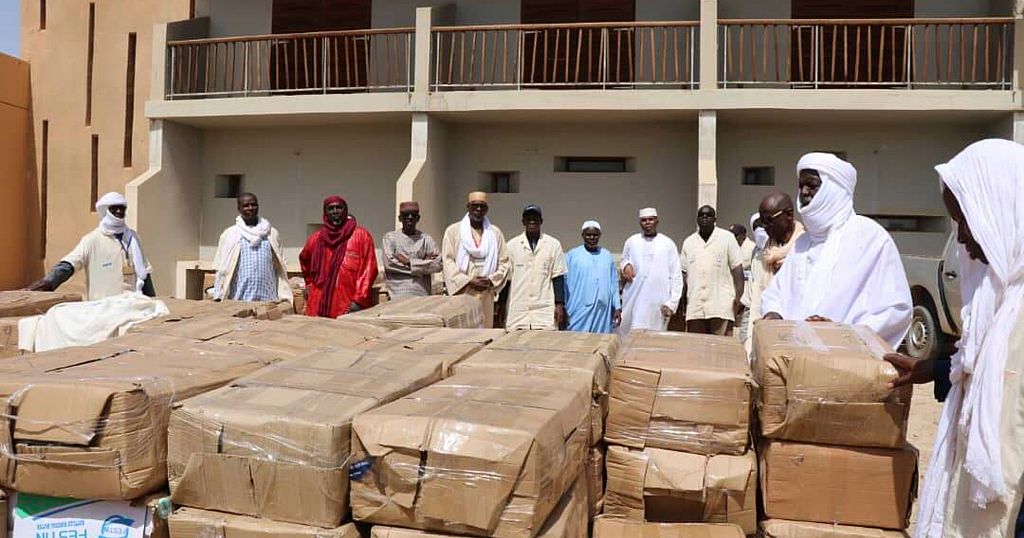The Malian military government has initiated the long-awaited return of Timbuktu’s ancient manuscripts to their original home, over a decade after librarians and caretakers risked their lives to smuggle the priceless texts away from Islamist militants. The first batch of documents, transported by air from Mali’s capital, Bamako, arrived in Timbuktu on Monday, marking a symbolic victory for preservation efforts in a region still grappling with instability.
The manuscripts, some dating to the 13th century, were hastily evacuated in 2012 when al-Qaida-linked insurgents seized control of Timbuktu, destroying over 4,000 texts and attacking UNESCO-listed cultural sites. At the time, librarians and local residents covertly moved more than 27,000 manuscripts out of the city using motorcycles, boats, trucks, and even donkey carts, preserving a trove of knowledge spanning Islamic theology, astronomy, medicine, and West African history. Authorities cited Bamako’s humidity as a threat to the fragile papers, hastening plans to relocate them to Timbuktu’s drier Saharan climate.
The initial shipment weighed 5.5 tons and filled over 200 crates, with further transfers expected in subsequent days. Timbuktu’s deputy mayor, Diahara Touré, emphasized the manuscripts’ cultural significance, calling them a reflection of the city’s “civilization and spiritual and intellectual heritage.” Bouréma Kansaye, Mali’s Minister of Higher Education, described their repatriation as fulfilling a February pledge by the military-led government. “These texts are a bridge between the past and the future,” he said during Monday’s ceremony, stressing plans to digitize and study the collection to share its insights globally.
UNESCO, which designates the manuscripts as World Cultural Heritage, has long highlighted their role in documenting the Mali and Songhai empires’ intellectual traditions. Yet security remains a concern: While Timbuktu itself is under government control, militants continue to stage attacks in surrounding areas, underscoring the fragility of preservation efforts. Analysts note that Mali’s security situation has deteriorated in recent months, despite 13 years passing since the city’s occupation.
The return of the manuscripts signals a step toward reclaiming cultural identity in a region scarred by conflict. For Timbuktu’s residents, the documents embody resilience—a testament to custodians who safeguarded them under threat and a fragile hope for stability in a nation still battling insurgencies linked to al-Qaida and Islamic State affiliates. As officials work to secure the remaining texts, the focus now turns to ensuring these irreplaceable archives endure for future generations.
